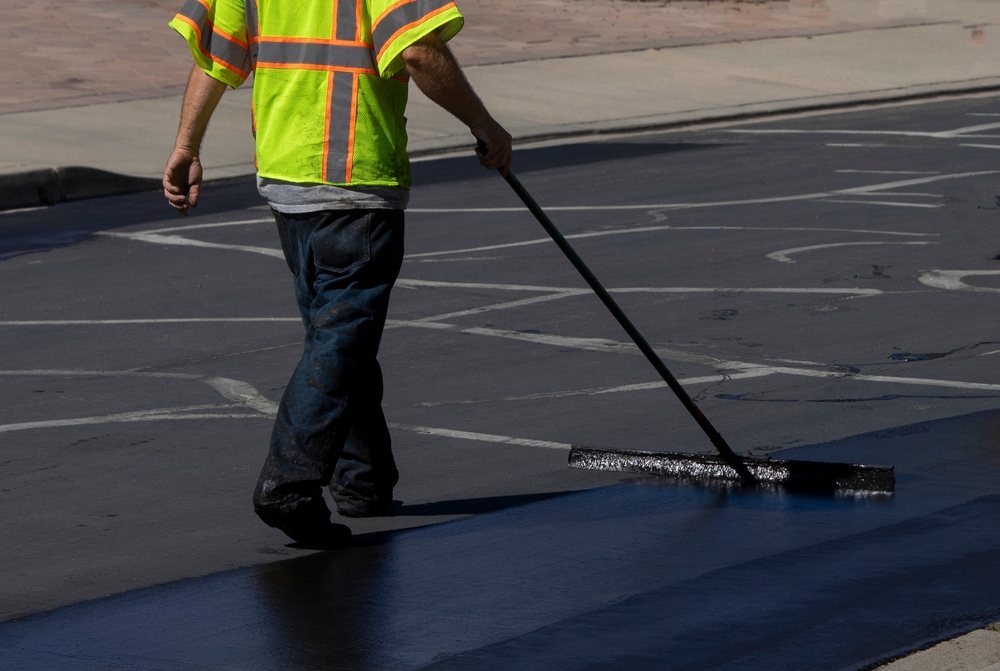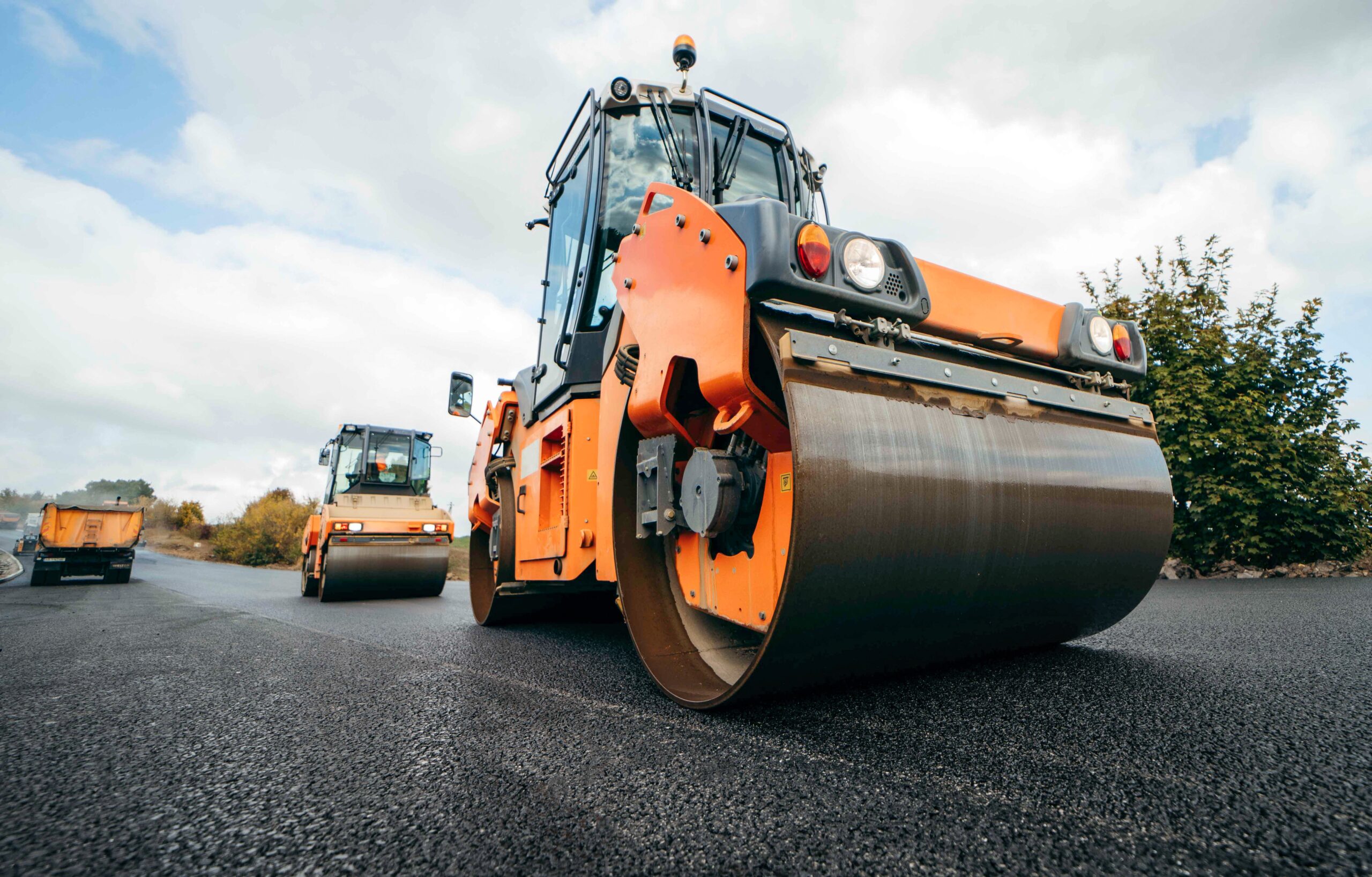
Eco-Friendly Sealcoating: What Property Owners Should Know
July 30, 2025
Sustainability is no longer a trend; it’s a responsibility. As property owners become more conscious of their environmental impact, maintenance practices like sealcoating are being re-evaluated through a greener lens. The good news is, yes, you can. Eco-friendly sealcoating offers the same protection and performance without compromising environmental safety. Whether you manage a commercial property,
Read
New Asphalt Construction: A Comprehensive Guide
September 6, 2025
Asphalt construction is the process of building paved surfaces, such as roads, parking lots, driveways, airport runways, and pathways, using asphalt, which is a mixture of aggregates (like crushed stone, sand, or gravel) bound together with bitumen (a sticky, petroleum-based material). Constructing new asphalt surfaces from scratch is the cornerstone of building strong and reliable
Read
Asphalt Repair: Key Considerations Before Starting
September 6, 2025
Asphalt repair encompasses targeted techniques, such as crack filling, patching, seal coating, or resurfacing, designed to address damage or wear on asphalt surfaces without resorting to full reconstruction. These repairs are vital for preserving pavement integrity, extending its usable life, and preventing minor defects from escalating into costly replacements. According to industry estimates, the cost
Read
Mill and Pave Asphalt: Key Considerations Before Starting
September 6, 2025
The process of milling and paving asphalt is known as cold milling, followed by overlay. It involves removing the top-worn layer of pavement and applying fresh asphalt. It’s a highly effective method for restoring deteriorated surfaces, improving ride quality, correcting grades and slopes, and recycling reclaimed pavement (RAP). A Federal Highway Administration (FHWA) study found
Read